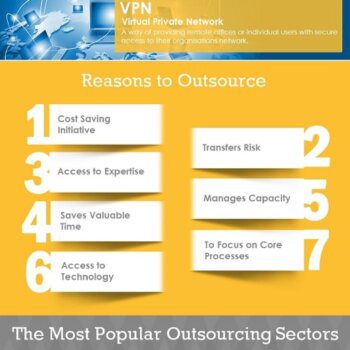Thomas Edison may have summed up the entrepreneurial spirit when he said, “I have not failed. I’ve just found 10,000 ways that won’t work.” It’s this “refuse to lose” attitude that makes entrepreneurs the backbone of American business. But finding 10,000 ways that won’t work is probably not the best approach to planning for your financial future.
As a successful business owner, you created a viable business through your hard work, knowledge and willingness to take risk. Unlike your peers on a company payroll, you can’t count on a steady paycheck and contributions to your employer’s retirement savings account to ride out life’s economic highs and lows. You are your own employer. You have family, employees, and customers who depend on you, so if you don’t already have a personal investment plan in place, now is the time to create one. Don’t undercut the rewards of your labor.
Diversify For The Future
As an entrepreneur, you are probably more comfortable taking risks when it comes to your business. But when it comes to investing your hard-earned personal wealth, you need to understand that investment risks are different.
Many business owners work hard to establish themselves within their industry. This comfort and familiarity in an industry can lead some business owners to concentrate their investments there. But this kind of approach could make you vulnerable to a downturn within that industry.
Let’s look at an example. Aerospace is a huge driver of our state economy. Governor Christine Gregoire, in a May 2011 editorial for the Trade & Industry Development website, wrote: “If the world’s aerospace industry were a jigsaw puzzle, Washington would have all the pieces.” If you started a company that makes parts for Boeing, it would be tempting to concentrate your own money in aerospace. After all, you know all the players. But you would wind up with a one-dimensional portfolio.
Diversification across industries is a better policy for your investments. Remember, you already have a portfolio position in your industry—the company you’ve created and grown. (Diversification does not ensure a profit or protect against loss in a declining market.)
Plan To Leave
Many people retire or change careers by simply packing a few boxes. As a business owner, you have two things to think about when you make a life change—you need an exit plan for you and your business, and you need a financial plan for your retirement. How will you extract assets from your business? You might be able to sell your business, but what if it has no residual value? Where will your income come from once you’ve walked out the door?
Don’t wait for your exit to build a portfolio with long-term investments designed to meet your needs. If you will get a payout on your business, you should carefully plan how to invest it. You should ideally have a retirement plan in place five to 10 years before your target retirement date.
Lastly, you probably became successful by hiring the right people and delegating the essential functions of your business so you could focus on its continued growth and trajectory. Unless you’re an investment professional, you’ll probably want to do the same with your financial future. Do your research and find the right investment professional to help you chart a financial course for life after your business.
In Washington, more and more people are starting companies as soon as they graduate, even when they’re fresh out of high school. No matter how old you are, if you’re a business owner, now is a good time to plan for the future.
written by Erin Eddins, Certified Financial Planner and Certified Financial Planner, also contributor at Edmond News. see more.





























